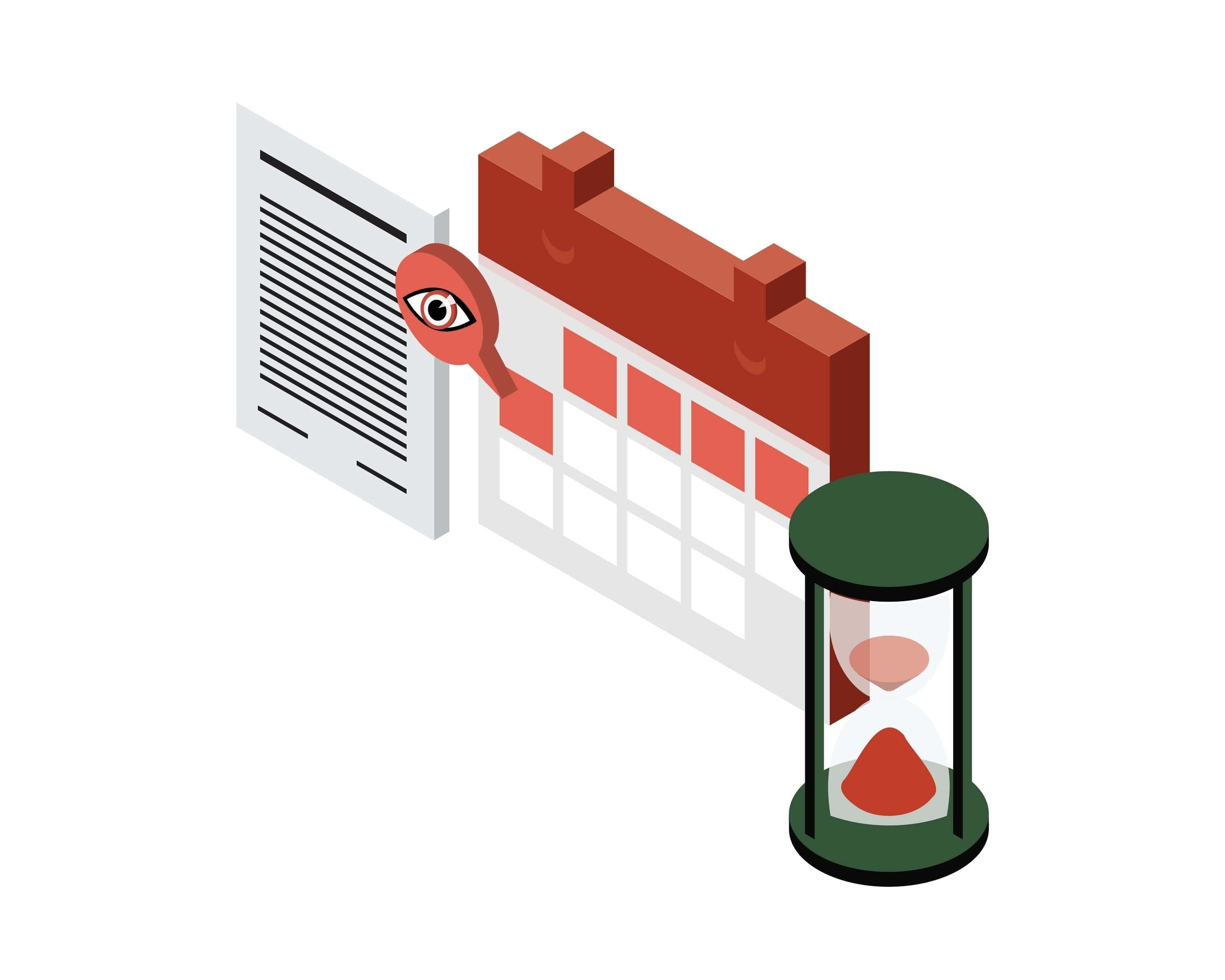
- Products
- Health & Wellness plans
- Comprehensive Product + PortUp to 100% premium back + Durable equipment cover + Up to 5-year tenure₹9,952*/annumView Details
- Comprehensive ProductHealthReturns™ + No Capping on Medical Expenses + Super Reload₹6,177*/annumView Details
- Tailored ProductHealthReturns™ + No Capping on Medical Expenses + Super Reload₹5,630*/annumView Details
- Max Protection + ChronicHealthReturns™ + Day 1 Cover for 7 Conditions + Chronic Management Program ₹7,111*/annumView Details
- Max ProtectionUp to Rs. 95* lakh coverage with an affordable premium₹962*/annumView Details
- Max ProtectionHealth Insurance + Health Benefits + Rewards₹6,863*/annumView Details
*Starting Plan price mentioned on the website are for self customer with age 30 and Sum Insured 5 LAKH.
#5% discount from 4th policy year to 7th policy year. 10% discount from 8th policy onwards, will be available at renewal.
- Large payout plans
- Health insurance for cover against accidents₹212*/annumView Details
- Health insurance for cover against cancer₹428*/annumView Details
- Protecting your future after a critical illness₹5,463*/annumView Details
*Starting Plan price mentioned on the website are for self customer with age 30 and Sum Insured 5 LAKH.
#5% discount from 4th policy year to 7th policy year. 10% discount from 8th policy onwards, will be available at renewal.
- Corporate Plans
- Comprehensive corporate health insurance planView Details
- Fixed benefit plans including personal accident insurance, critical illness insurance and hospital cash benefitView Details
- The perfect travel insurance planView Details
*Starting Plan price mentioned on the website are for self customer with age 30 and Sum Insured 5 LAKH.
#5% discount from 4th policy year to 7th policy year. 10% discount from 8th policy onwards, will be available at renewal.
- International Cover
- Avail cashless treatment internationally with this plan₹12,917*/annumView Details
*Starting Plan price mentioned on the website are for self customer with age 30 and Sum Insured 5 LAKH.
#5% discount from 4th policy year to 7th policy year. 10% discount from 8th policy onwards, will be available at renewal.
- View allApply Now
- Back
- Health & Wellness plans
- Health Corner
- Claims
- Hospital Network
- Quick Quote
- Customer Support
- My account
My Profile
Quick Links
Grievance
- Self Servicing
- Contact us
- Support
- Create your Health ID
- Corporate
- Become an Advisor
- Whatsapp
- Port your health policy
- Back
- My account





 1800-270-7000
1800-270-7000











